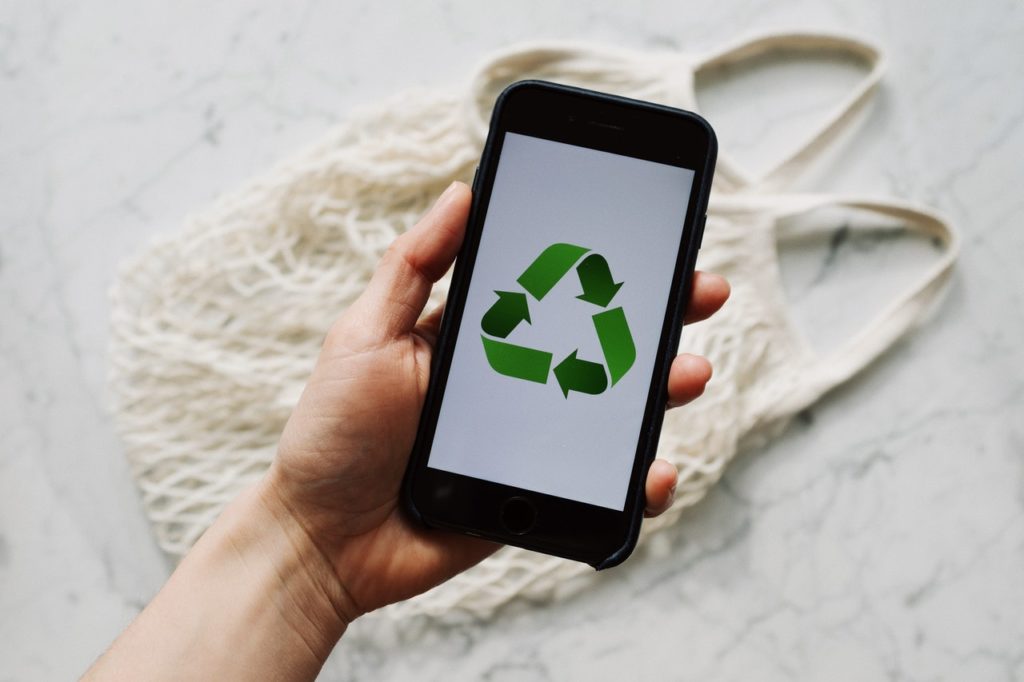Each community has regulations regarding the proper disposal of garbage in homes and commercial establishments. These waste disposal laws are important for keeping the entire community healthy and free from diseases that may be acquired through the bacteria, viruses, and toxins present in trashes. Whether the wastes come from the simple cleaning of the property or huge renovation projects, it is essential to follow the local authority’s rules and regulations to ensure that no harm is done to the environment.
Having garbage bins to store household wastes while waiting for the garbage truck to come is a good idea. However, these bins may not store harmful chemicals and objects that may result in adverse health problems for people in the community. In this regard, hiring a garbage disposal service should be considered. These professionals know how to handle toxic wastes and how to dispose of them properly.
Below are some tips on how to properly dispose of garbage:
Segregate
Reuse old containers as garbage bins and label them as Biodegradable, Non-biodegradable, and Recyclables. Segregate the trash and put those that can break down or decompose in the Biodegradable container. Those that cannot be broken down or do not decompose should be placed in the Non-Biodegradable container. Those things that can still be used for other purposes should be placed inside the Recyclables container.
Non-biodegradable wastes can also be further segregated depending on the type. For example, paper, glass, plastic, and metals can be thrown in separate bins.
Use Reusable Containers

This helps to minimize the amount of trash thrown into the environment. Since plastic is non-biodegradable, recycling or reusing it can help reduce its impact on the environment. Recycling plastic also reduces the demand for the production of disposable plastics.
Apart from plastic containers, it is also good to reuse glass containers.
Donate to Local Organizations
Furniture, clothing, and other used items can add to the trash thrown in landfills. To minimize the accumulation of these types of garbage in dumping grounds, it is best to give them to charities and other local organizations that can use them instead. If the items can still be used or repurposed, there is no need to throw them away. Other people may be able to use them for their own reasons.
Practice Composting
Kitchen wastes and yard wastes, such as grass clippings, shrubs, and bushes, need not be thrown away. These types of garbage can be used to fertilize the soil. The process of recycling these biodegradables is called composting. Food and plant wastes contain nutrients that make the soil healthy and feasible for planting. Basically, composting recycles these nutrients and improves soil quality. Composting is also known to affect greenhouse gas emissions, reducing it to a certain level and decreasing its harmful effects on health and the environment. Composting is also known to help ease the impact of droughts.
Dispose of Hazardous Materials Responsibly
Paint cans, chemical and oil-based products are hazardous and should be handled and disposed of with care. If these are the types of trashes that need to be rid of, it is recommended to contact a local company who knows how to properly dispose of these products. Some cities have strict laws regarding the disposal of such types of materials, and their local authority may not accept such materials into their depots. Toronto, for example, does not accept the following hazardous materials in their Transfer Station, Household Hazardous Waste (HHW) Facility, and many other drop-off depots:
- Biomedical and pathological wastes, such as IV catheters, needles, syringes, and many other hospital wastes
- Ignitable wastes
- Reactive wastes
- Pharmaceutical wastes
- Corrosive, toxic, explosive, or poisonous household materials, such as laundry bleach, weed killers, mothballs, brake and transmission fluid, oil-based and latex paints, propane tanks, and many more
- Straw, hay, and manure or animal excrement
- Screening wastes or wastes in catch basins
- Old tires, incinerator ashes, shredded rubbers, and any tire residue
- Uncrushed plastic or metal drums
- Fallen logs and dead trees
- Animal carcasses and animal by-products
While the local drop-off depots might not want to receive them, private collection services can eliminate such materials.
There are several reasons why local authorities have their own sets of rules for garbage disposal. Mostly, the reasons are meant to protect the people in the community and the environment. It is and proper to follow each regulation on waste disposal to prevent facing legal problems and to be able to help in the upkeep of community health.

